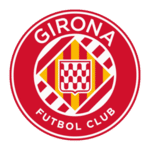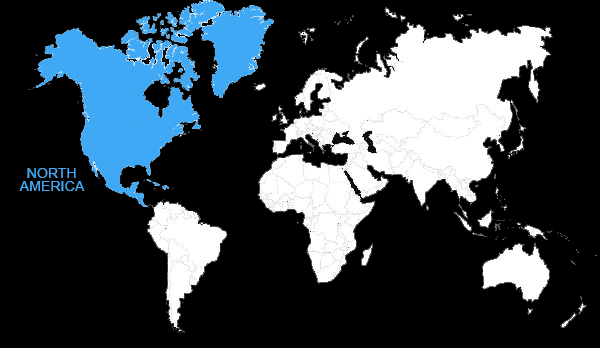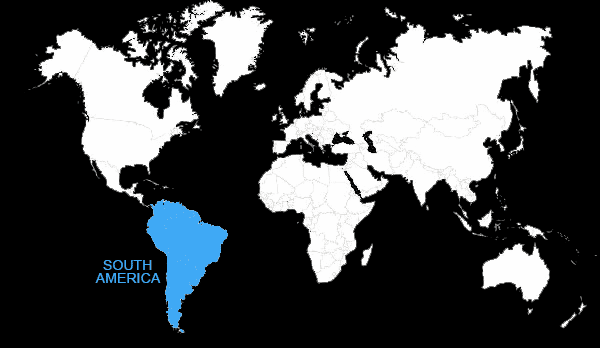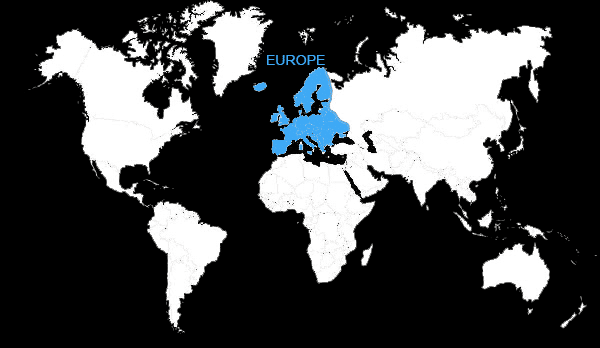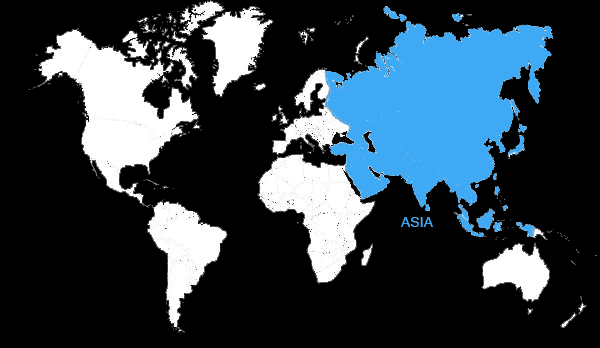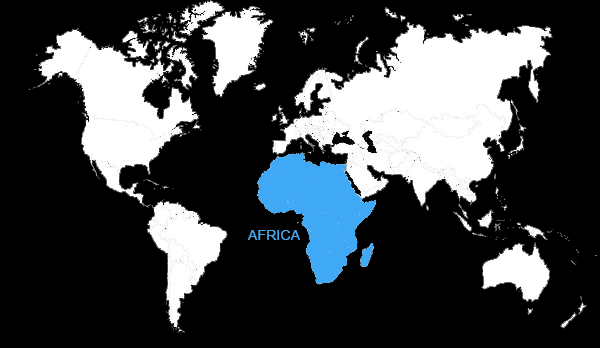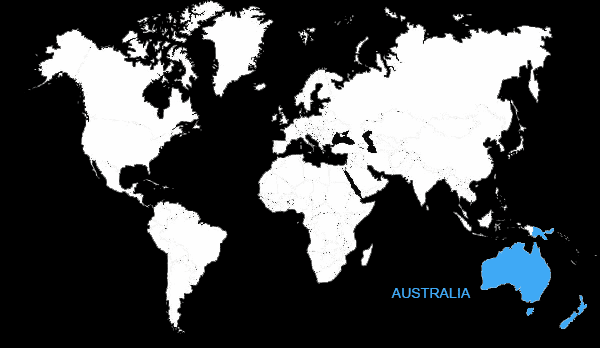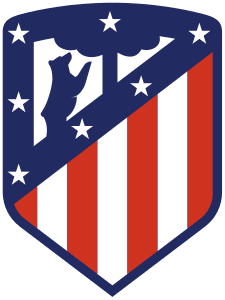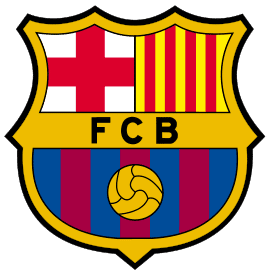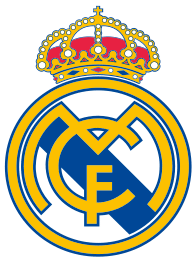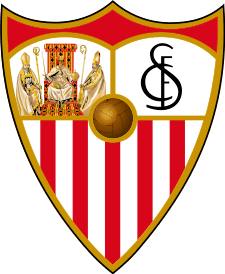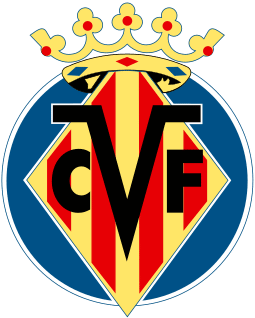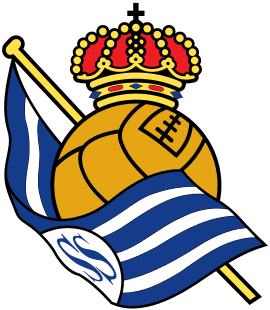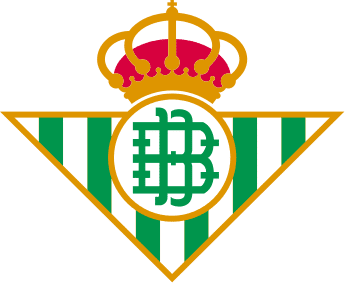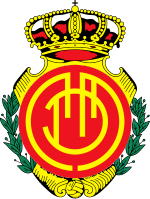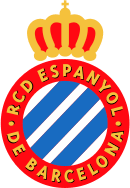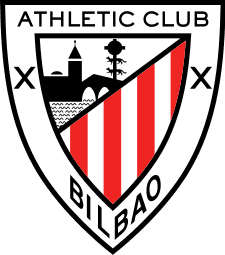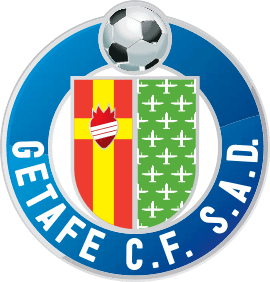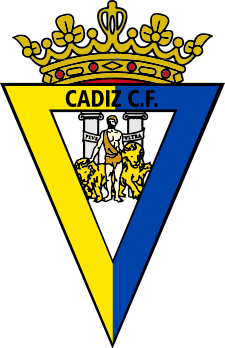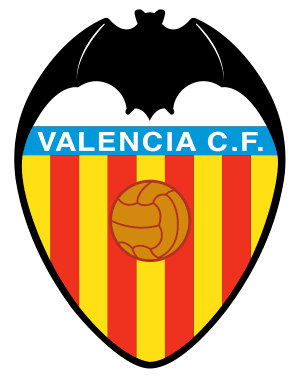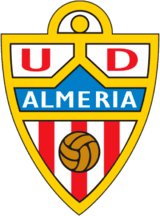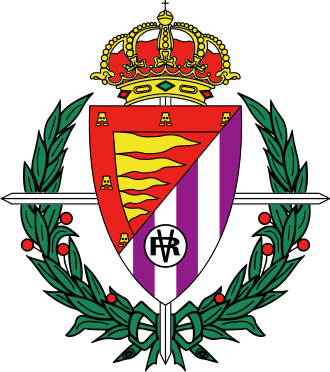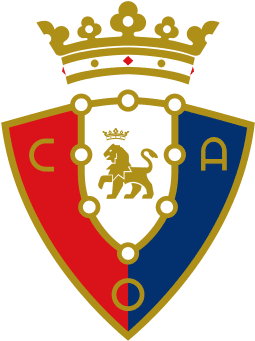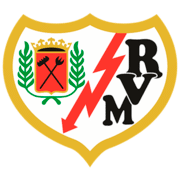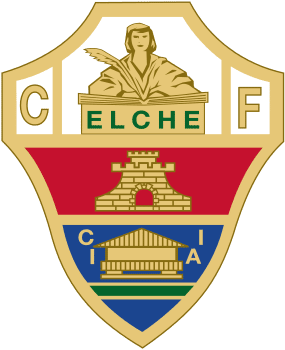Girona FC Tryouts & Club Guide: History, Stadium, Players, and More!

Welcome!
Discover the world of soccer with fcscout.com, your go-to scout for club tryout information, club guides, player profiles, in-depth product reviews, and more. We’re dedicated to exploring and revealing the best in each domain, empowering you with knowledge to make informed choices.
Thank you for being here!
Hi, I’m Carlos! A coach, sports enthusiast, and the founder of FCScout.com.
I fell in love with the game at a very young age like many of you. I’ve been following and playing soccer for many years.
Throughout my career, I always enjoyed helping soccer players chase their dreams, which is why I started this website. I wanted to reach a larger audience outside of my local area and fcscout.com was born.
This website is a platform I will be using to update club pages on any tryouts, stadiums, players, tech, and more from clubs around the world. I also create free recruitment profiles for players looking to have that extra competitive edge when reaching out to clubs.
That’s it. That’s my pitch for you to stick around (or browse the site as you please).
This is already too much text for a “see more” drop-down button thing. If you want to reach out to me, head on over to my contact page 🙂

Girona FC is a Spanish professional football club in Girona, Catalonia, Spain. The club competes in La Liga, the top flight of Spanish football.
Girona FC Youth Development System
Girona FC Recruitment Trials
At the time of this writing, there are no official publishings on Girona FC trials. Please come back at a later date while we monitor this club or click here to visit their official news page for the latest updates.

EXPLORE MORE CLUBS!
Explore more professional clubs by continent.
Girona FC History
At the turn of the 20th century, football developed into a sport that garnered a significant amount of interest in Girona. Strong Esport was the city’s first significant club when it first opened its doors (founded in 1902 under original name of FC Gerundense). The decade of the 1920s saw the establishment of not one but two new clubs in Girona: CE Girona and UD Girona. Following the dissolution of the UD Girona, the city of Girona came to the conclusion that it need a new football club.
Girona Football Club was established on July 23, 1930, in the café Norat on La Rambla in Girona. This came about as a result of the dissolution of Unió Esportiva Girona, which was due to financial issues. On August 1, 1930, the municipal council gave the club permission to use the city’s logo on its badges by giving it official recognition. It was accomplished as a result of the labor put in by enthusiasts under the direction of Albert de Quintana de León, who served as the club’s first president. The subsequent step for the team was to compete in the second level of the Catalan Championships. Florenza, Teixidor, Farró, Flavià, Comas, Corradi, Ferrer, Escuder, Clara, Torrellas, and Taradellas were the players who started the first official game, which was played against Colnia Artigas.
The 1935–1936 season was Girona’s first time competing in the Segunda División. The club finished in first place in its group and went on to compete in the playoff stage, where they faced teams such as Celta de Vigo, Real Zaragoza, Arenas Club, Real Murcia, and Xerez. However, they finished in second-to-last place, which kept them out of the La Liga promotion zone.

After the Spanish Civil War, the club’s standing shifted between the second level and the Tercera División, eventually dropping into the latter category in 1959 and then being further demoted in 1980. In 1977, the Segunda División B was established as the new division three, and the club participated in the competition for a total of three seasons during that time. After nearly half a century of playing in the Vista Alegre stadium, the construction of the Estadi Montilivi began in 1968, and the first home match played there was in 1970. Since then, all home matches have been played at the Estadi Montilivi.
Throughout the subsequent decades, Girona competed in both the third and the fourth divisions, even reaching as far as the regional championships for a combined total of three seasons (1982–1983, 1997–1999).
The team coached by Raül Agné was successful in achieving a second consecutive promotion on June 16, 2008, when they defeated Ceuta 1-0 in the play-offs. This marked the team’s return to the second tier of competition after an absence of 49 years.
The previous owners of Girona were Josep Gusó and Josep Rofes, but on July 22, 2010, a group of local businessmen led by Ramon Vilaró, Joaquim Boadas, and Josep Slim purchased 72% of the club’s shares, making them the new owners of Girona. The group was comprised of Ramon Vilaró, Joaquim Boadas, and Josep Slim. After a stint with Recreativo de Huelva, Agné returned as manager for the upcoming second division campaign. He remained in that position until 14 January 2012, when he was fired after a loss of 0–3 at Recreativo. Vilaró was elected as the new president, and Agné was rehired as the manager for the upcoming second division campaign.
After cultivating a natural grass pitch in Palau, Girona eventually established a reserve squad the following year (2011).
Under the slogan “El Girona FC també és meu” (which translates to “Girona FC is mine too”), the club’s board of directors approved an increase of the club’s capital in the amount of €300,000 to be distributed in shares of €10 on May 9, 2013, with the intention of balancing the estate of the club.
Girona needed to win against Lugo at home on the final matchday of the 2014–15 season to secure promotion to La Liga. However, a last-minute goal scored by the visitors prevented Girona from earning promotion. Girona had to make do with a spot in the play-offs, however they were knocked out of the competition by Real Zaragoza in the semi-finals despite having won the first leg of the match 3–0. They were unable to win the play-off final against Osasuna the next season, despite reaching the final. After finishing in second place behind Levante during the 2016–17 campaign, Girona was finally given the opportunity to play in La Liga. In their 87 years of existence, Girona has never before been elevated to the La Liga level of competition until this season.
It was announced on August 23, 2017, that City Football Group (CFG) has acquired 44.3% ownership of Girona. Another 44.3% was held by Girona Football Group, which was run by Pere Guardiola, the brother of Manchester City manager Pep Guardiola, who is employed by CFG and manages Manchester City. On October 29, 2017, Girona achieved a victory that will live long in the memory by defeating Real Madrid 2-1 and claiming the title of champions of the European Cup.
In July of 2018, it was reported that Girona FC would be taking part in their very first Pre-Season international event, which would be hosted in India by Nippon Toyota. This would be a historic moment for the club. In their match, Girona FC competed against the Indian team Kerala Blasters as well as the Australian outfit Melbourne City FC.
Girona’s two-year run in Spain’s top division came to an end on the final day of the 2018–19 La Liga season when they were demoted to the Segunda Division.
Girona FC Stadium
Estadi Montilivi is a multi-use stadium in Girona, Catalonia, Spain. Its primary purpose is to host football matches, and Girona FC calls it their home turf field. 1970 was the year it first opened after construction.
Girona increased the capacity of their stadium to accommodate 13,450 spectators following their first-ever promotion to La Liga. After some time, it had its capacity lowered to 11,810.

In June of 2010, the side stand of the Montilivi Stadium was finished, which was seven months earlier than the original timeline. The stadium was not available for public use for the 2009–10 season since the entrances were not yet complete when the season began. The first match that could be held with the side stands took place on March 2, 2011, and there were a total of 9,285 people present for the event.
On March 12, 2012, the Girona City Council transferred ownership of the field to Girona FC for a period of 30 years, with the option to extend it for an additional 50 years.
However, some months before the official list of football venues that would make up the Iberian candidacy for the 2018 World Cup was published, Girona FC removed the name of Montilivi Stadium from consideration since they were aware that there was a slim likelihood that it would be selected.
